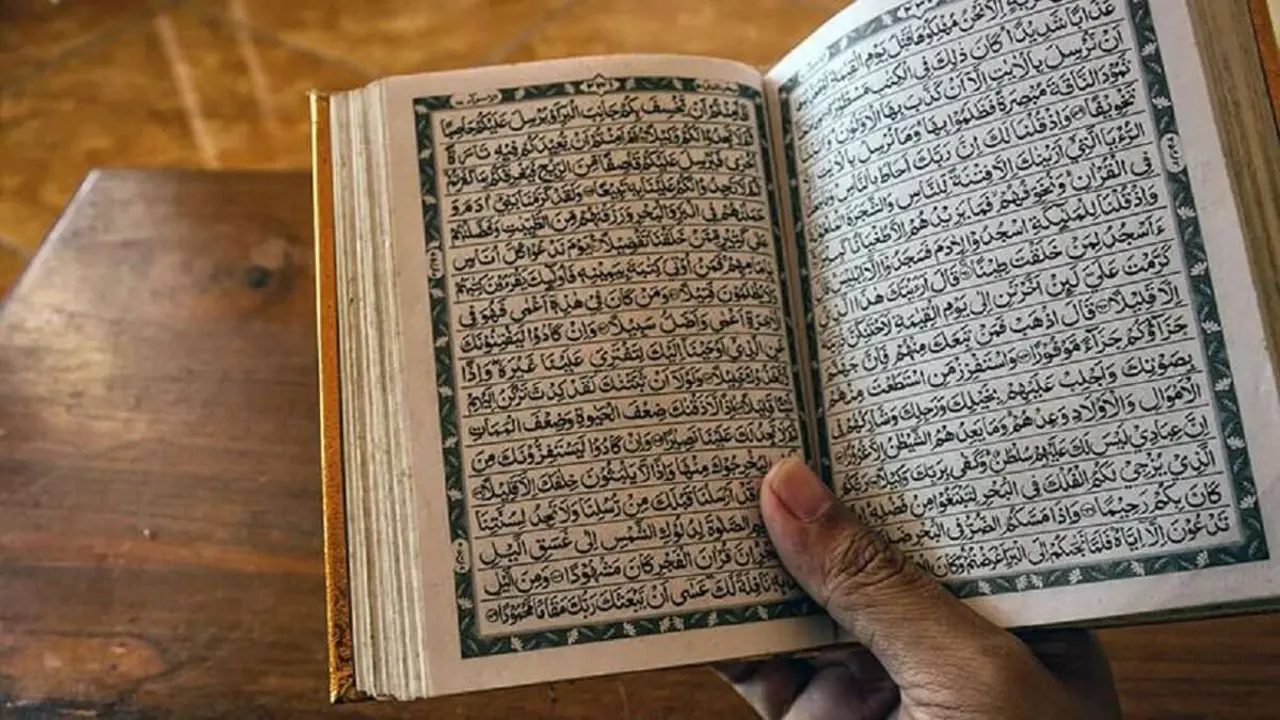Controversy over the dismissal of nine consuls in Turkey
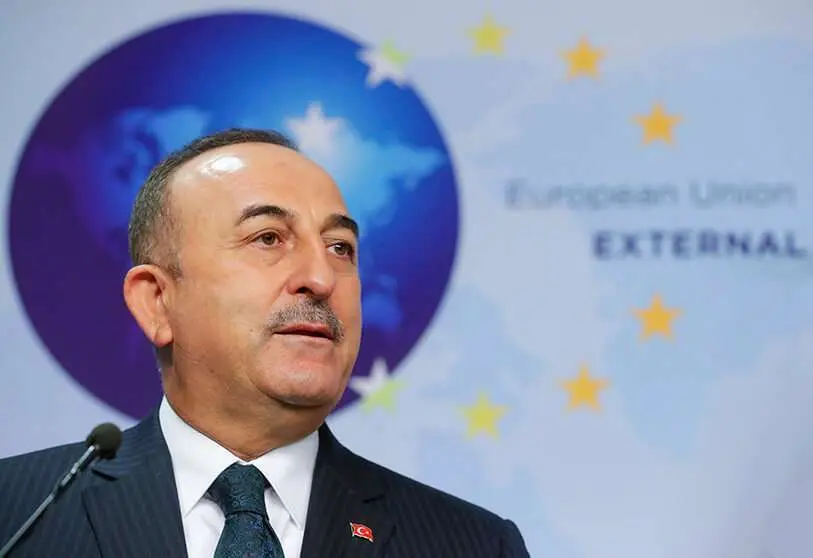
The Turkish Foreign Ministry has dismissed the honorary consuls of nine countries from their posts, and there is now speculation that this was due to their critical stances towards the Turkish government, led by President Recep Tayyip Erdogan.
As Deutsche Welle Turkish reported on Wednesday, the Turkish Foreign Ministry dismissed these nine posts; these are exactly the Swedish honorary consul in Antalya, the British honorary consul in Muğla, the Belgian and Austrian honorary consuls in Izmir, the Romanian honorary consul in İskenderun, the Ethiopian honorary consul in Konya, the Dominican Republic and Belize honorary consuls in Istanbul and the Lithuanian honorary consul in Nevşehir.
Diplomatic ID cards issued by the Foreign Ministry were cancelled, according to Deutsche Welle. And the case generated uncertainty and controversy when the Swedish Consulate in Istanbul issued a statement on its website on the matter. "The Swedish Honorary Consulate in Antalya will not be able to offer any consular services for the time being," the Consulate said, "due to the Turkish authorities' request that we end the mandate of the current honorary consul Nil Sağır, who represented Sweden for many years and whose mandate we recently extended until 2025," as also reported by Ahval.
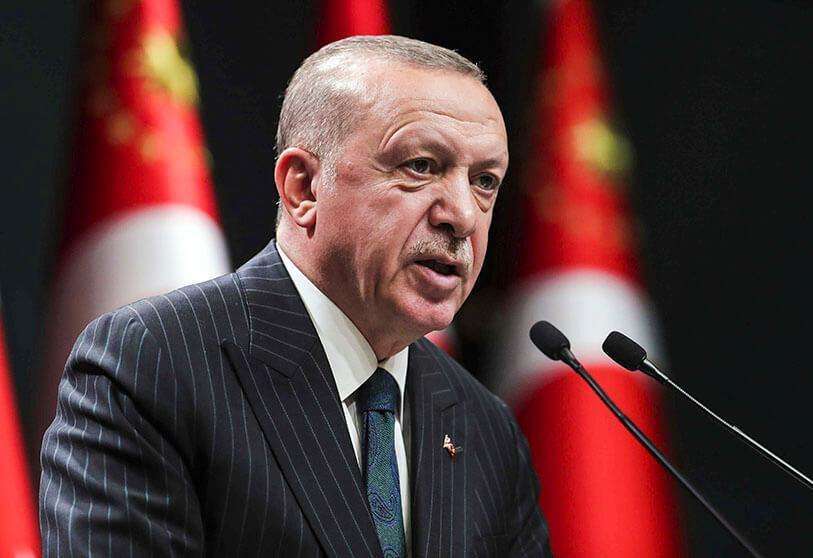
The Swedish Foreign Ministry worked to change the decision, Sağır said. "But unfortunately, in this political climate of which everyone is aware, a positive outcome could not be achieved," he said, as reported by Ahval itself.
The controversy of recent years in Turkey over the alleged political persecution by Recep Tayyip Erdogan's government against the opposition and all those critical of the Turkish regime is at the heart of this issue.
The harassment and arrests of members of opposition parties such as the Republican People's Party (CHP) and the Peoples' Democratic Party (HDP), in the latter case the pro-Kurdish party for supporting the Kurdistan Workers' Party (PKK), which is accused by the government of carrying out terrorist acts and of wanting to divide the nation, have been reported throughout this time.
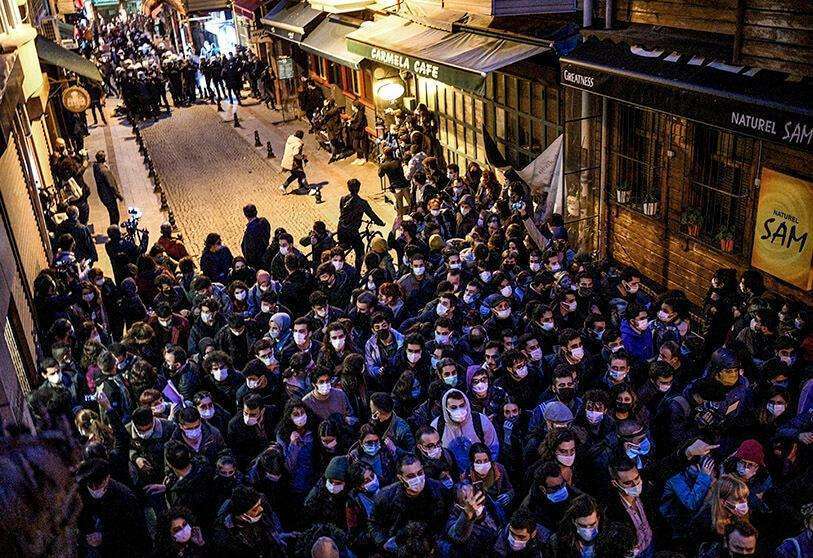
There is also a strong persecution against the followers of opposition leader Fethullah Gulen, this cleric and his allies were accused of perpetrating the alleged coup against power in 2016, a fact from which police and judicial actions were taken against those allegedly responsible, which has led to various political purges and even within the army.
The judicial system has also been the target of government action in recent months, for example, when the ruling Justice and Development Party's (AKP) bill was presented, which aimed to decentralise the bar associations by establishing alternative associations in major enclaves such as Istanbul, Ankara and Izmir, where almost half of all lawyers in the country are registered.
A large number of lawyers demonstrated against the AKP's draft law that would have provided for the creation of alternative entities to existing ones that are fully aligned with the postulates of Recep Tayyip Erdogan's regime. "They want lawyers to refrain from talking about politics, but we will do it until we die. We need to protect human rights and the superiority of the law. I tell Ankara from here that the marches will not be silenced. We will not bow down and obey," said Mehmet Durakoglu, one of the leaders of the protests in Istanbul. "We will show how this bill violates the universal norms of law and the constitution," Durakoglu was quoted as saying by Duvar media.
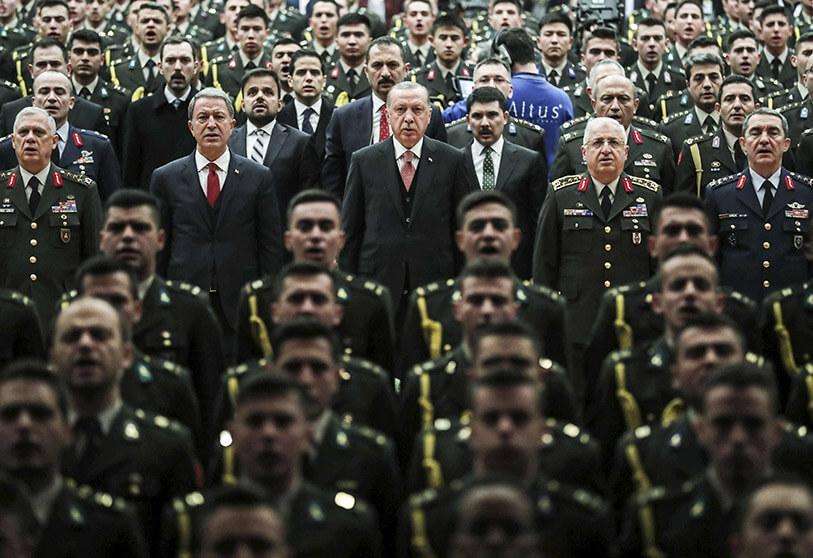
Social networks have also suffered from the Turkish government's tight control over them. Turkish supervision over social media has been particularly evident since mid-2020, when the Ottoman parliament passed a new law to place much more restrictions on social media. The 2020 law raises doubts about freedom of expression in the online space.
In fact, one of the honorary consuls dismissed in recent hours told Al-Monitor that the reason for the dismissal of several of his colleagues was criticism of the Turkish government in speeches and social networks.
Turkey's foreign ministry had already dismissed several honorary consuls five years ago in the wake of a military coup attempt on 15 July 2016, as reported by Al-Monitor. The persecution was aimed at eliminating diplomats with alleged links to Fethullah Gulen.







